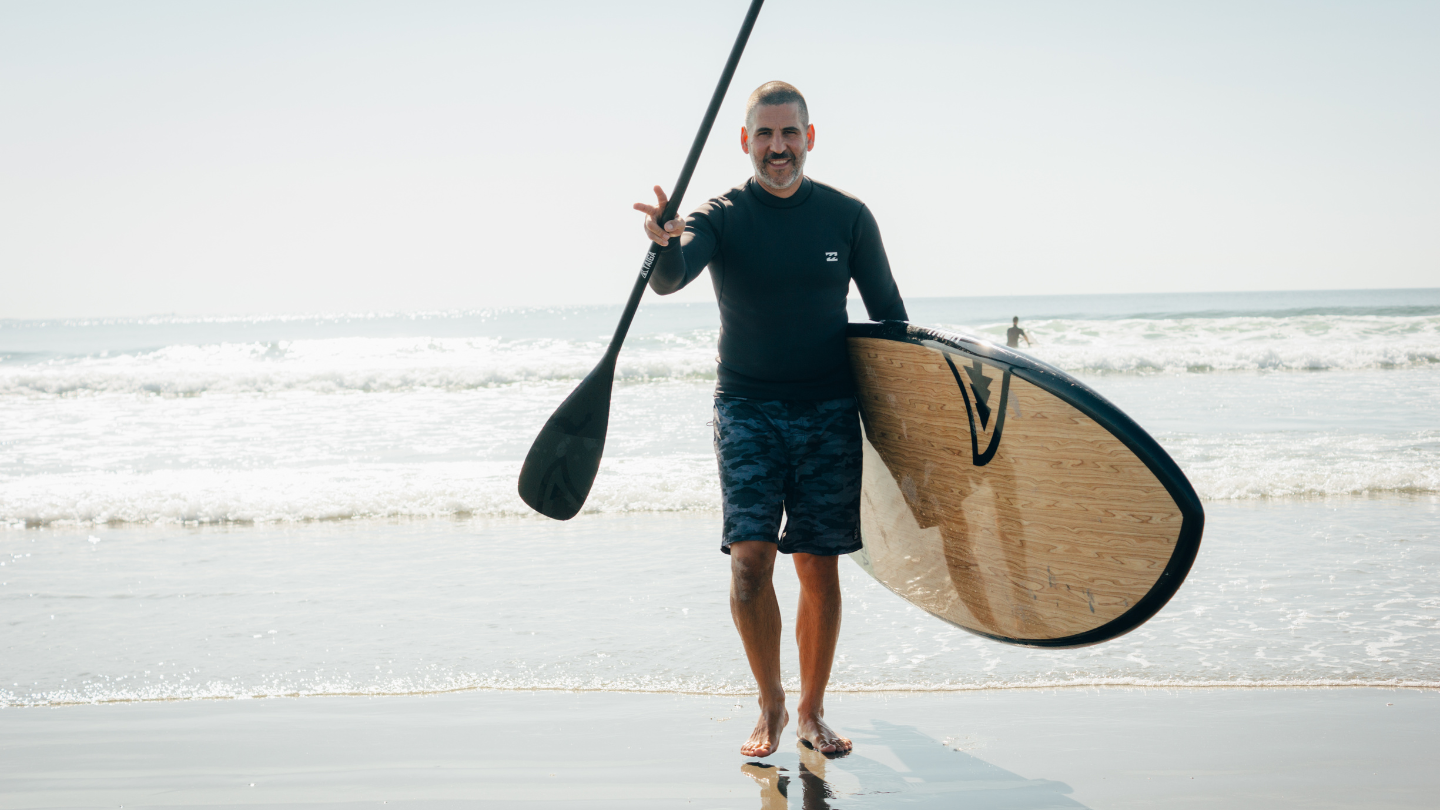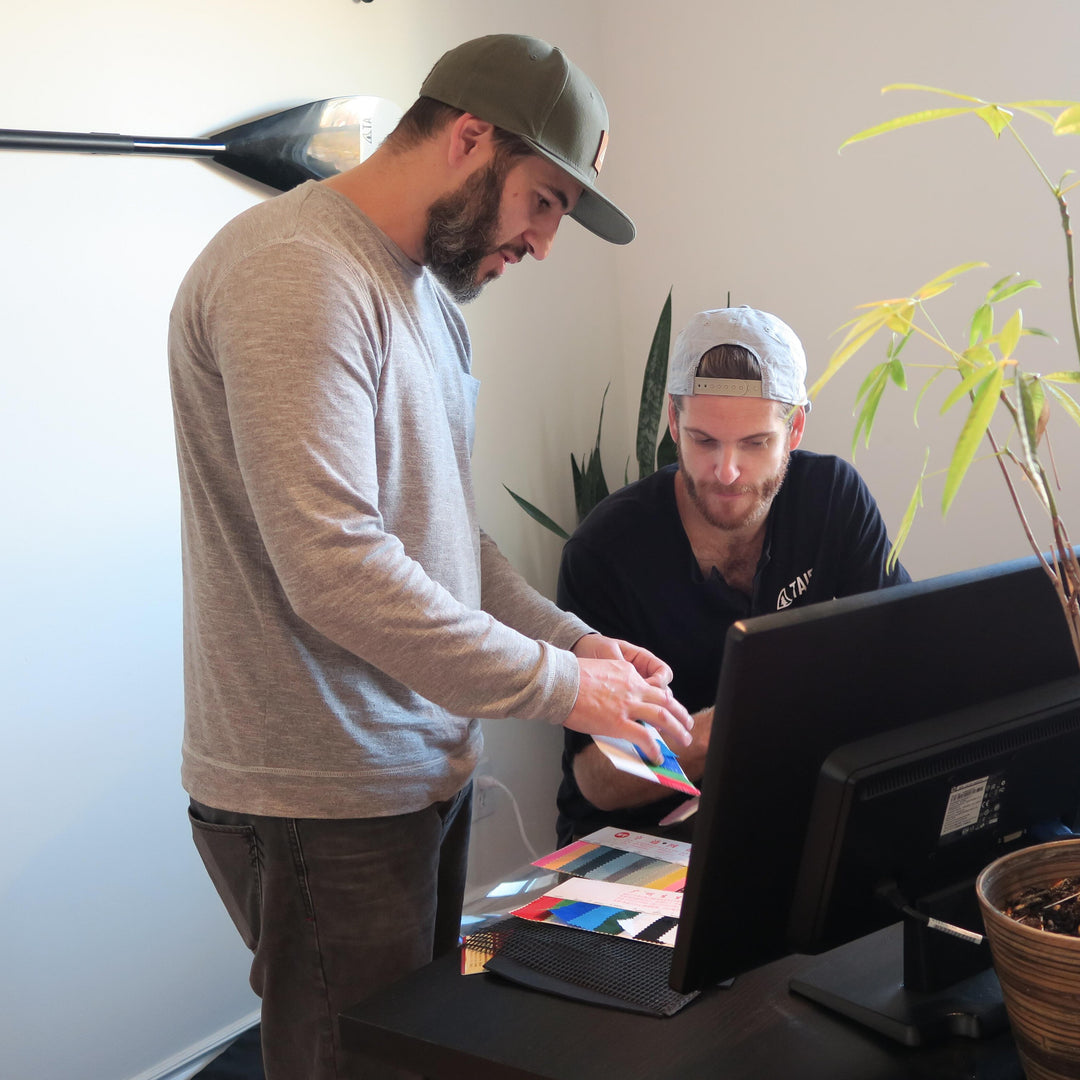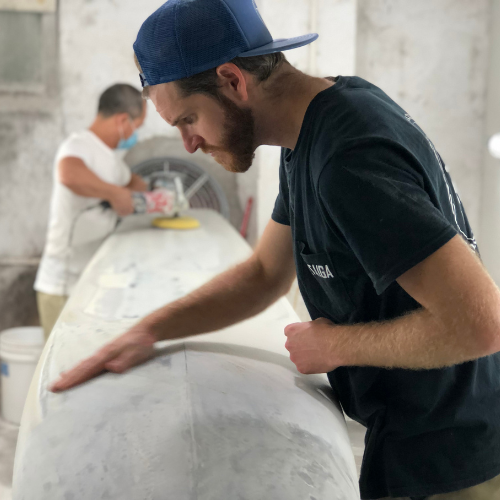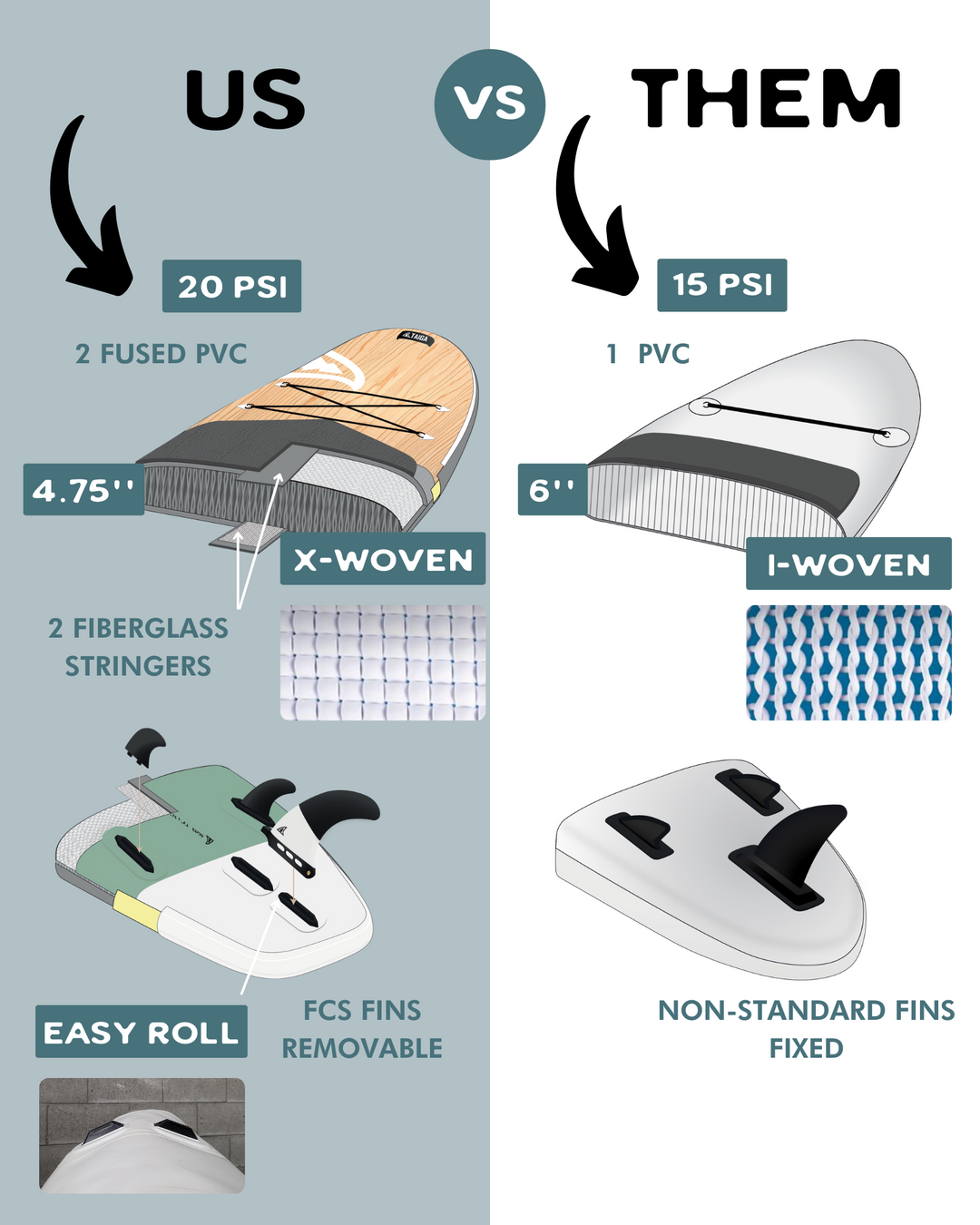Interview with Nicolas Jolicoeur, co-founder of Taiga Board established in 2014, engineer and member of Genium360.
It was during a trip to Hawaii that Nicolas Jolicoeur discovered Stand-Up Paddle, also called paddle board. Back in Quebec, he realized that it was challenging to find the equipment for this relatively unknown sport here.
''However, it's an interesting activity for Quebec, as in addition to having access to thousands of bodies of water, this board sport adapts well to our reality, since we don't need wind or waves to practice it.''
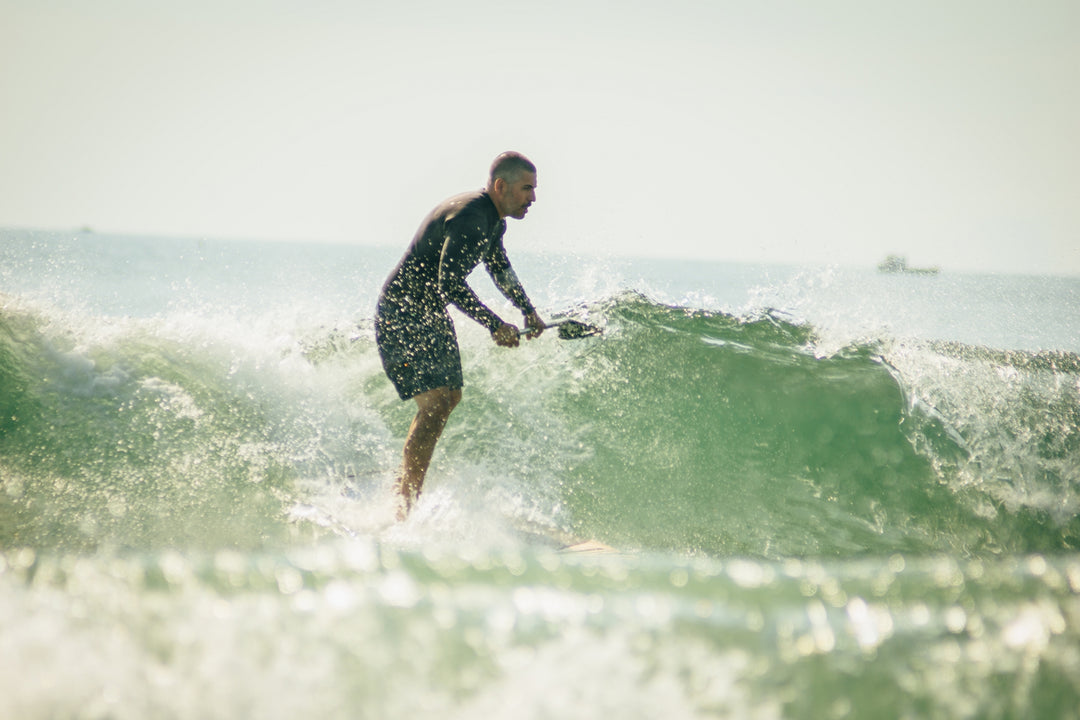
It was in this context that he launched Taiga Board with his cousin.
''We wanted to offer boards adapted to Quebec, where we practice more under pine trees than under palm trees.'', he explains.
In 10 years, the team has developed a whole range of hard and inflatable boards to meet the different needs of enthusiasts. ''Depending on the type of equipment, you can go for a ride, expedition, or even surfing. There are also hybrid boards,'' Nicolas Jolicoeur points out. Accessories, skateboards, surfboards, and wakesurf boards – which allow for fun on the boat's waves – have also enriched the collection where wood takes center stage.
In Innovation Mode
All products bearing the Taiga signature are developed in Canada and tested by a team of ambassadors.
''Although our boards are manufactured in China, we do more than just slap on a logo. We impose our own methodology and manufacturing processes. Behind each product, there is a lot of research.''
The team has thus developed various technologies that enhance the durability and stability of its inflatable paddle boards. For instance, the membranes forming the core of the board are held together by crossed X-shaped filaments, rather than straight ones, which increases rigidity both in tension and torsion, he explains.
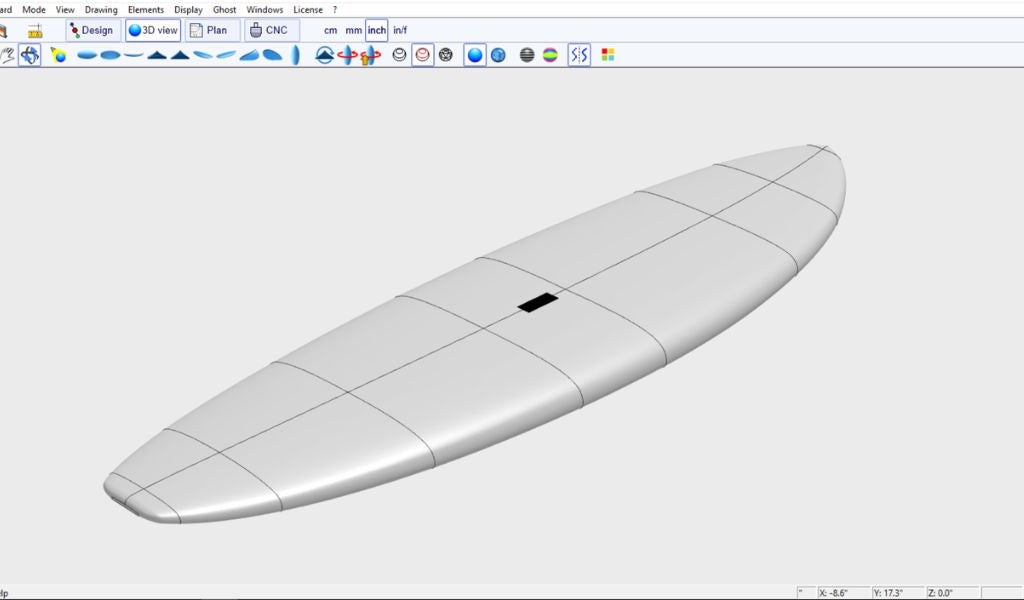
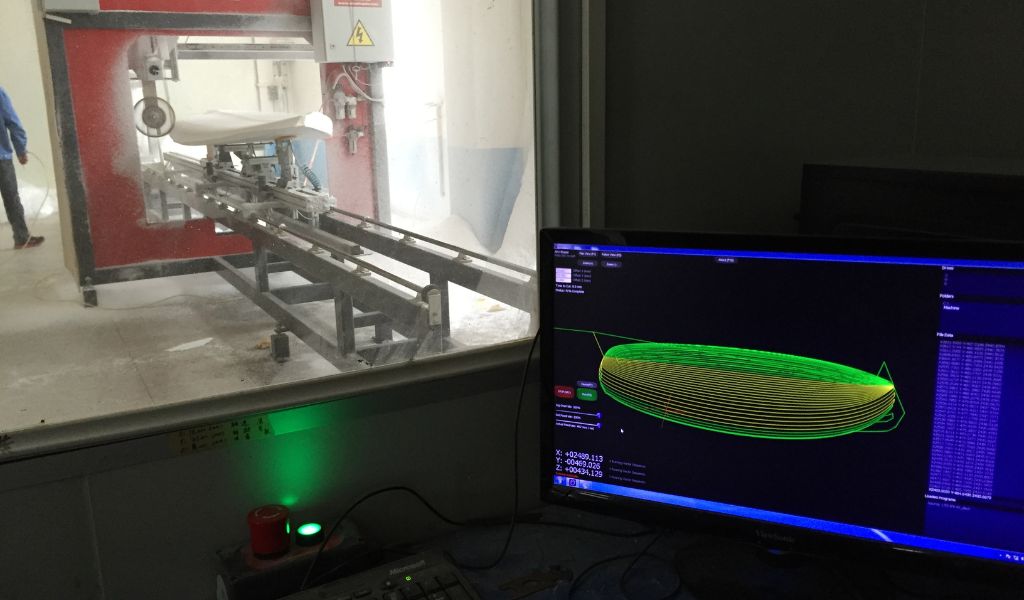
Nicolas Jolicoeur also leverages his engineering background to offer cutting-edge products. ''I worked for several years at Creaform, a local company that invented 3D scanning technology. When we started out, we scanned the boards we used and loved.'' The goal wasn't to copy them, he continues, but to better understand the influence of their various characteristics on their performance and then draw inspiration from that. Based on this data, it was possible to design 3D models tailored to each type of practice.
The idea seems to have paid off, as Taiga Board now employs around ten people during the peak season and sells around 1,200 boards per year. Its products are also becoming increasingly popular in the Canadian market.
Involved in the Engineering Community
Nicolas Jolicoeur has a strong sense of belonging to the engineering community. That's why he approached Genium360, an association of which he is a member, to become one of the organization's privileged partners. ''I use many of Genium360's services, including training, salary surveys, and discounts, especially for ski resorts. Getting involved as a privileged partner was a natural next step for me.'' He also hopes that his story will inspire other engineers who are considering starting their own business!
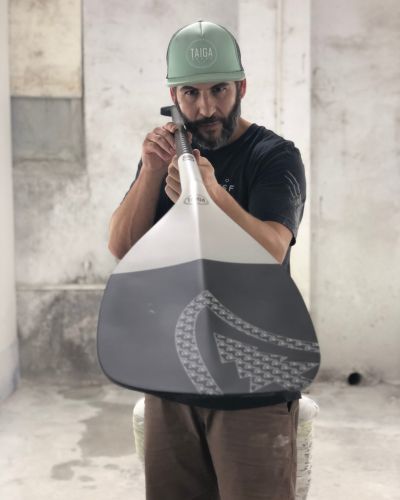
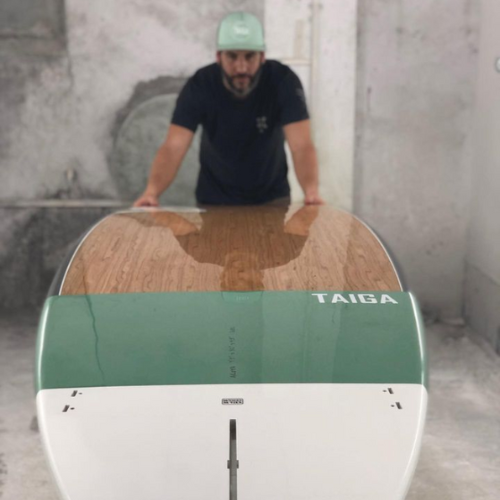
Source: Annual Report 2022-2023, Genium360, p. 24. The electronic version of the article has been updated to reflect, among other things, that Nicolas Jolicoeur is now the only owner of Taiga Board.
